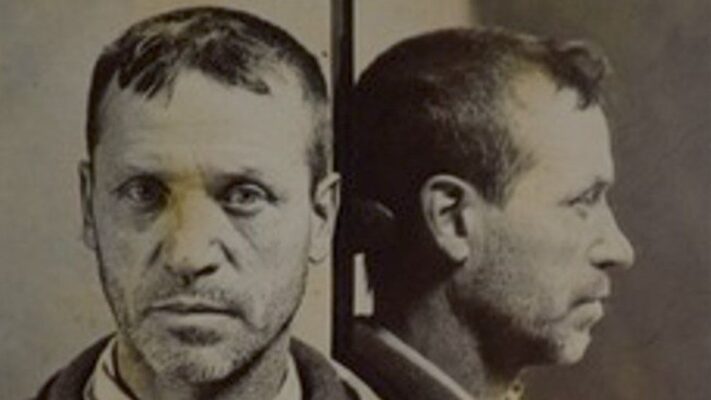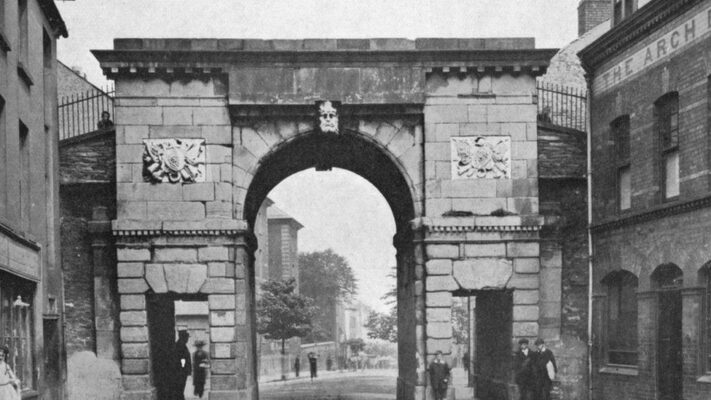
Bernard Gallagher, also known by Willie John, became a notorious household name in Ireland’s northwest in the 1900s
Also known by Willie John, he became a notorious household name in Ireland’s north west in the 1900s.
An Irish language documentary, to be aired on Sunday night, explores in detail Gallagher’s life of criminality.
A life that was profiled in newspapers across the British Isles.
Born in 1856 in the Rosemount area of Derry City, Gallagher moved from place to place in pursuit of money, lodgings, food and drink.
At a time of widespread poverty and emigration, he targeted families in remote areas, with his favourite scam involving impersonating a long-lost relative.
He became widely known as Willie John when he posed as the long-lost son of a widow in his hometown.
Speaking to BBC Radio Foyle, producer and director of ‘Willie John – Rógaire Mór Dhoire’, Antaine Ó Donnaile said Gallagher was a “confidence trickster”.
“He became famous not only in Derry, but also all over Ireland, Scotland and there were even newspaper articles about him in Britain.
“I couldn’t even begin to tell you about the amount of crime this fellow committed,” Mr Ó Donnaile said.
Mr Ó Donnaile described him as “a serial conman” and as “someone who spent his whole life committing crimes”.
“In those days there was a lot of emigration, so one day this guy would turn up and say: ‘Hello, I’m your uncle or your long-lost son.'”
He described Gallagher “as being loved by the people” and said people would flock to his court cases to witness someone with, what he described as, “the gift of gab”.

Bishop Gate in Derry pictured in the early 1900s
The documentary, which is presented by Dónall Mac Giolla Chóill, uses old newspaper articles and prison records from the National Archives in Dublin to help track Gallagher’s crime spree.
Despite his nefarious career, Gallagher spent the last 12 months of his life working in Derry’s poor house – proving that crime does not pay.
Willie John – Rógaire Mór Dhoire for BBC Gaeilge (with English subtitles) airs on Sunday, October 3, at 9.45 pm on BBC Two NI and on BBC iPlayer.
Tags:




